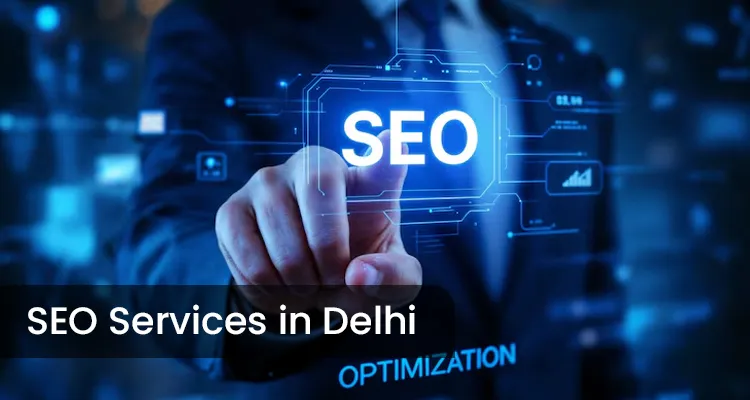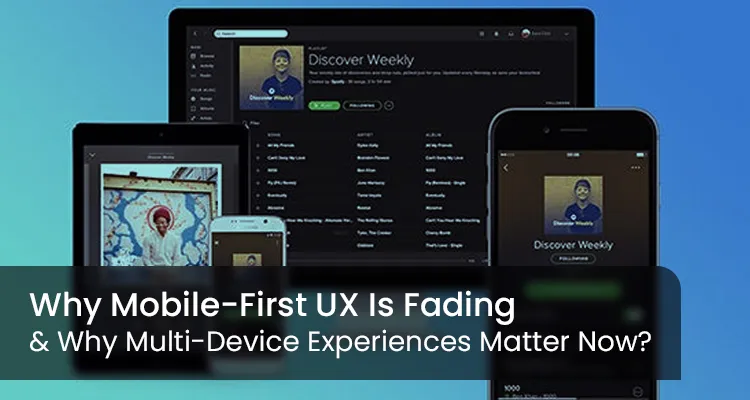How AI is Transforming HR Consulting and Recruitment

Artificial Intelligence (AI) is rapidly transforming HR consulting and recruitment, enabling faster, more efficient hiring processes. By automating routine tasks, AI allows recruitment teams to shift their focus to strategic functions that add greater value to the organization. Tools like resume parsers and chatbots streamline the hiring process, saving time while improving overall outcomes. These tools not only help HR teams operate more efficiently but also ensure a better candidate experience.
Benefits of AI in Recruitment
1. Time Savings
AI significantly reduces the time spent on manual tasks, such as sifting through resumes. Tools like resume parsers quickly scan thousands of resumes, identifying key qualifications and matching them to job descriptions. This automation speeds up the hiring process and enables HR teams to move candidates through the pipeline faster. With AI handling repetitive tasks, HR professionals can focus on higher-level responsibilities, like strategic planning and employee engagement.
2. Cost Efficiency
By automating processes such as initial candidate screening and resume evaluations, AI minimizes the need for human intervention in repetitive tasks. This reduction in manual effort allows HR teams to focus their resources on onboarding, employee training, and other vital functions. The overall result is a more cost-effective recruitment process, with better resource allocation and reduced overhead costs.
3. Improved Hiring Success
AI tools, such as chatbots, help ensure smooth communication with candidates. These tools automate basic interactions, providing immediate responses to inquiries, updating candidates on their application status, and answering questions. The increased transparency throughout the process helps foster trust with candidates, improving their overall experience and raising the likelihood of hiring success. By enhancing communication and offering timely feedback, AI creates a more positive, engaging recruitment journey for candidates.
Popular AI-Powered Tools in Recruitment
Resume Parsers
Resume parsers are AI-powered tools that scan resumes and cover letters for relevant keywords, phrases, and qualifications that match job requirements. They help recruiters filter out unqualified candidates quickly, ensuring they focus only on applicants who meet the necessary criteria. These tools save time by sorting and organizing data, making it easier for HR teams to evaluate candidates and identify the best fits for the role.
Chatbots
AI chatbots, such as Mya and Jasper, engage candidates in automated conversations via text or voice. These chatbots are designed to mimic human interaction, providing a more personalized experience while filtering out unnecessary information. By answering basic queries and preparing candidates for the next steps, chatbots relieve recruiters of time-consuming tasks and help streamline the hiring process. Chatbots act as the first point of contact, providing an initial touchpoint that sets the stage for a seamless recruitment experience.
Ethical Considerations in AI Recruitment
As AI becomes more prevalent in recruitment, it’s crucial to use it responsibly. There are several ethical considerations that need to be addressed, including bias, accuracy, and privacy.
1. Bias
AI tools can unintentionally perpetuate bias if they are trained on data that reflects past hiring practices. To avoid discrimination, it is essential to ensure that the data used to train AI systems is diverse and free from bias. HR teams should regularly audit AI tools to identify and eliminate any biases that might affect the fairness of the recruitment process.
2. Accuracy
AI tools may misinterpret complex data or miss context that human recruiters can easily understand. It’s important to cross-check AI-generated results and verify that the data aligns with human judgment and company values. This ensures that decisions made by AI are accurate and well-informed, rather than solely relying on algorithms.
3. Privacy
Maintaining candidate privacy is critical when using AI tools in recruitment. It’s essential to remove sensitive personal data, such as street addresses or phone numbers, from resumes before feeding them into AI systems. This protects candidates’ privacy and ensures compliance with data protection laws, maintaining trust in the recruitment process.
Real-World Success with AI in Recruitment
Many companies have successfully integrated AI into their recruitment strategies, achieving significant improvements in efficiency and hiring outcomes.
Unilever
Unilever leverages HireVue’s AI-powered virtual interview tool to assess candidates’ responses. This tool analyzes speech patterns and compares them to traits exhibited by Unilever’s top-performing employees. By doing so, it helps HR teams make more data-driven and objective hiring decisions.
L’Oréal
L’Oréal uses the Mya chatbot to engage candidates and conduct initial assessments. The system analyzes candidates’ sentence structure, vocabulary, and response patterns to evaluate their suitability for the role. This AI-powered evaluation process helps HR professionals make more informed decisions, streamlining the hiring process and improving candidate matching.
Best Practices for Integrating AI into Recruitment
Successfully integrating AI into the recruitment workflow requires careful planning and strategic execution.
1. Training
It’s essential to train HR teams on how to use AI tools effectively. Proper training ensures that AI is implemented correctly, helping recruiters leverage these technologies to their full potential. With a well-trained team, AI tools can be seamlessly integrated into the recruitment process.
2. Choosing the Right Tools
When selecting AI tools, HR teams should first identify areas in the recruitment process that can benefit from automation. From there, they can choose tools that address specific needs, such as resume screening or candidate engagement. Tailoring AI solutions to the unique challenges of your organization ensures the most effective integration.
3. Strategic Implementation
HR teams should develop a clear plan for implementing AI tools into existing recruitment workflows. The transition to AI should enhance current processes, rather than disrupt them. By adopting AI in a strategic and planned manner, organizations can ensure a smooth transition and maximize the impact of their recruitment efforts.
Is AI Replacing Human Recruiters?
It’s a common concern that AI might replace human recruiters, but that’s not the case. Instead, AI enhances human recruiters’ capabilities by automating time-consuming tasks, freeing them up to focus on more strategic and high-level functions. AI doesn’t replace the human touch in recruitment; it amplifies the recruiter’s ability to make data-driven, objective decisions while maintaining a personalized approach.
The Future of AI in HR
AI’s role in HR and recruitment will continue to evolve, driving innovation and improving efficiency. As AI tools become more advanced, they will offer even greater opportunities for automation and decision-making support. HR professionals who embrace AI will be well-positioned to navigate the evolving landscape of recruitment and leverage technology to attract the best talent. The future of AI in HR promises not only greater efficiency but also more equitable and data-driven hiring practices.
By incorporating AI into recruitment, HR teams can streamline processes, improve hiring success, and provide a better experience for candidates. The use of AI in HR is not just about automating tasks but about enhancing decision-making, improving diversity, and ensuring fairness in the hiring process. As AI continues to transform HR consulting and recruitment, organizations that embrace this technology will stay ahead of the competition and attract top talent more effectively.
Content written by-Praveen
Praveen is part of the expert content marketing team at ITCombine. He has an expertise of curating meaningful information that can be used by visitors in general. Praveen is also involved in creating Client specific stories and blogs.
Copyright © 2025 - itcombine.com.
All Rights Reserved.








